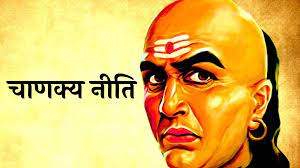Introduction
Chanakya Neeti, also known as Arthashastra, is an ancient Indian treatise on statecraft, economics, and politics. It is attributed to the 4th century BCE Indian economist and political strategist Chanakya, who is also known as Kautilya or Vishnu Gupta. The text is written in Sanskrit and is divided into 15 books, each containing multiple chapters.
The text covers a wide range of topics, including the duties of a ruler, the administration of a kingdom, and the management of economic and military resources. It also includes advice on diplomacy and espionage, as well as guidelines for maintaining the moral and ethical conduct of government officials.
One of the key themes of Chanakya Neeti is the importance of a strong central government. Chanakya believed that a ruler should have absolute power, and that the kingdom should be ruled with the principles of justice and righteousness. He also emphasized the need for a ruler to be well-versed in the art of war, as well as the importance of maintaining a strong military.
In addition to its practical advice on governance, Chanakya Neeti also includes a number of moral and ethical guidelines. These include the importance of treating all members of society with compassion and respect, and the importance of not engaging in actions that would harm others.
Chanakya Neeti has been highly influential in the history of India, and its ideas and principles continue to be studied and applied to this day. It is considered one of the most important texts on statecraft and political science in Indian history.

Comments
Post a Comment